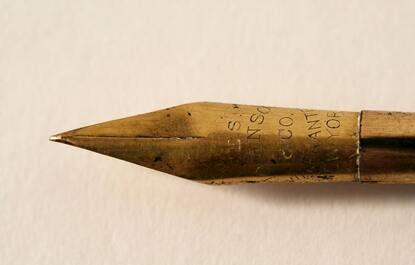 I have been researching on the impact of digital media on migration over the past years. A part of my research is critically examining the role of social structures in shaping digital media practices. It is through this approach that my research inquires on notions of asymmetries, marginalisation, and agency. Recently, I was approached by Dr Monika Winarnita to present about the #MeToo movement in the Philippines. Both of us are part of the Asian Media and Cultural Studies Network at Deakin University. Dr Winarnita was assigned to organise and curate the #MeToo movement in Asia presentation series. I responded quickly on her invitation to deliver a short presentation. In my presentation, I focussed on two case studies - #BabaeAko and #HijaAko. The first case study uncovered how broader political structures and systems discriminated women in political office. Further, it showed the mobilisation organised by Filipino women, which primarily has become symbols of resistance to President Duterte's crass jokes towards women, discriminatory remarks, and other statements that objectify women. The second case study illuminated issues surrounding victim blaming and rape culture in the Philippines. It particularly highlighted how young women can call out men, who are often in powerful positions, and who blame women as the cause of rape. The full presentation can be accessed here. The other presentations in the presentation series are accessed here. On top of the short video presentation, I also co-wrote a short piece with Dr Winarnita for Deakin University's disruptr. The write-up was based on my presentation in the #MeToo in Asia presentation series. Click the link to read the full article. Overall, both texts have enabled a curation and critical discussions on how existing power and gendered structures often displace, marginalise and abuse women. Notably, digital communication technologies enable Filipino women to speak up, mobilise themselves, and demand change and justice.
0 Comments
Leave a Reply. |
|
